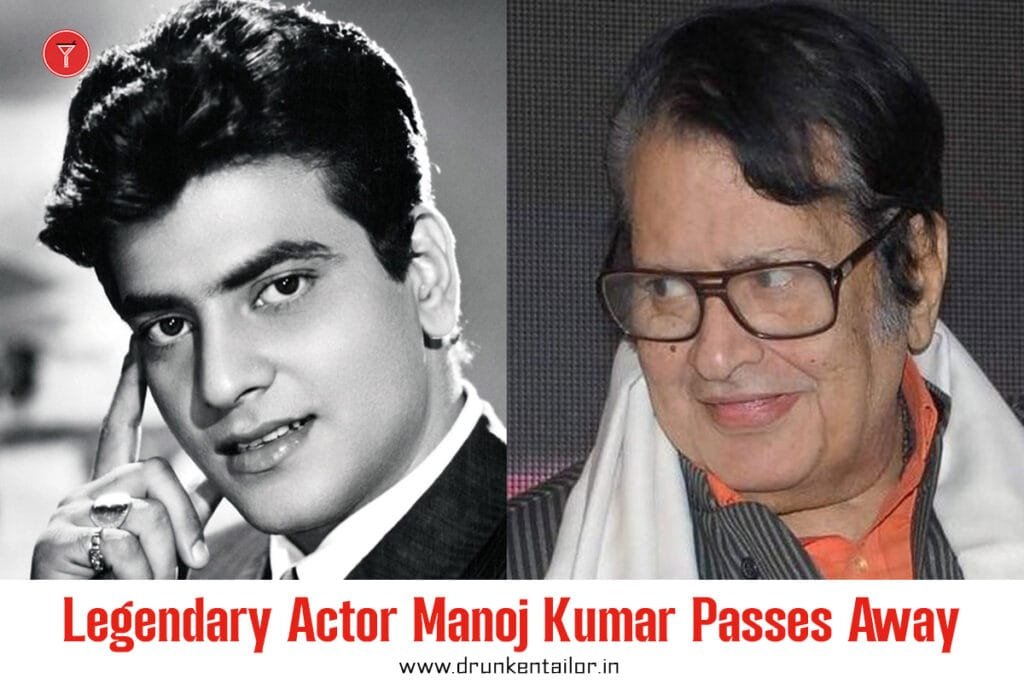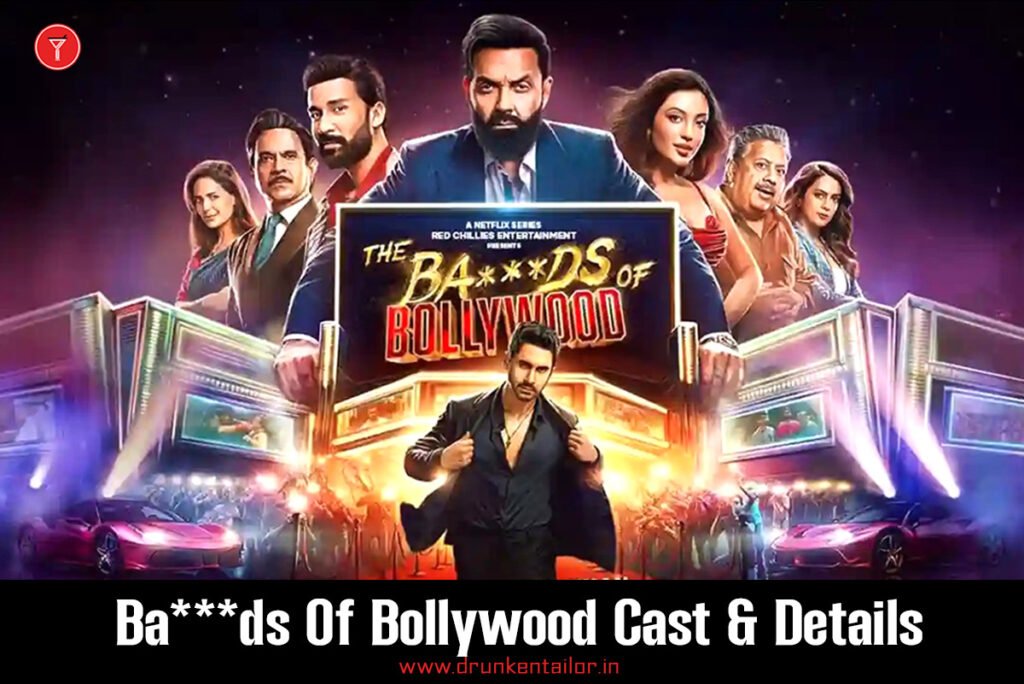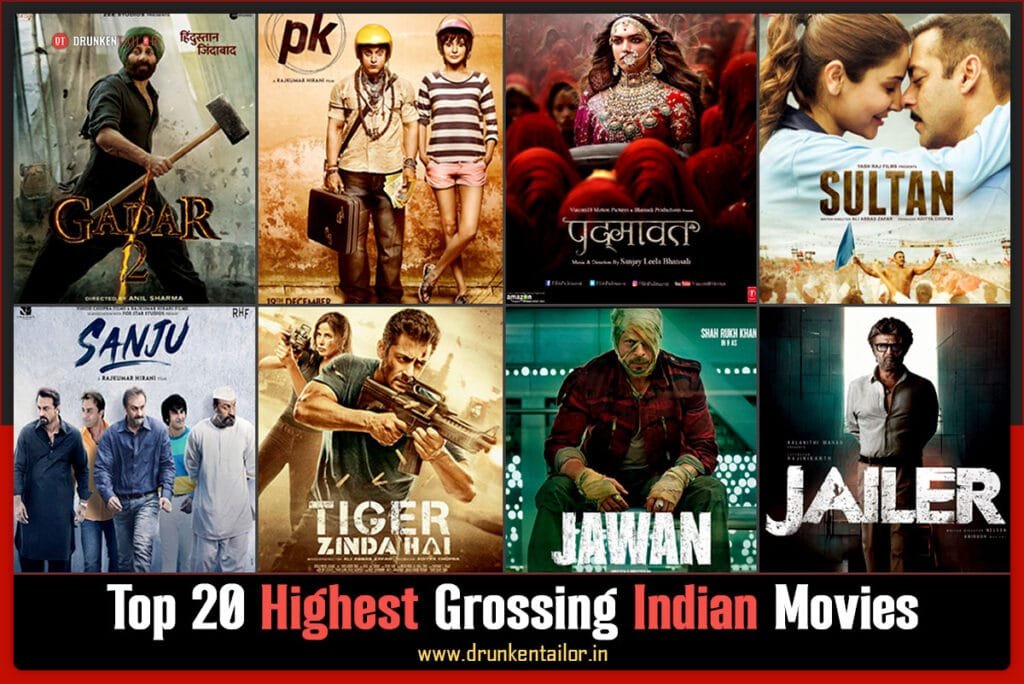The Indian film industry woke up to heartbreaking news today as legendary actor and filmmaker Manoj Kumar, affectionately known as “Bharat Kumar,” passed away at the age of 87. The veteran actor breathed his last at Kokilaben Dhirubhai Ambani Hospital in Mumbai during the early hours of April 4, 2025, following prolonged health issues. His demise marks the end of an era in Bollywood, leaving behind a legacy of patriotism and cinematic brilliance that will forever be cherished.
A Journey from Harikrishan Goswami to Manoj Kumar
Born on July 24, 1937, in Abbottabad, British India (now Pakistan), Bharat was originally named Harikrishan Goswami. His family relocated to Delhi after the Partition, where he completed his education at Hindu College, University of Delhi. Inspired by Dilip Kumar’s performance in Shabnam (1949), he adopted the screen name “Manoj Kumar” and ventured into the world of cinema.

Bollywood Career: A Star is Born
Bharat Kumar’s cinematic journey began humbly with a minor role in Fashion (1957). However, it was Hariyali Aur Raasta (1962) that catapulted him into stardom. His performances in films like Woh Kaun Thi? (1964), Himalay Ki God Mein (1965), and Do Badan (1966) showcased his versatility as an actor. These romantic dramas established him as a leading man in Bollywood.
The turning point in his career came with Upkar (1967), his directorial debut inspired by Prime Minister Lal Bahadur Shastri’s slogan “Jai Jawan Jai Kisan.” Portraying both a soldier and a farmer, Bharat struck a chord with audiences nationwide. The film became the highest-grossing movie of the year and cemented his reputation as a filmmaker with a patriotic vision.
Patriotism on Screen: The Rise of “Bharat Kumar”
Manoj Kumar earned the nickname “Bharat Kumar” for his unwavering dedication to patriotic themes in cinema. Films like Shaheed (1965), where he portrayed freedom fighter Bhagat Singh, resonated deeply with audiences and showcased his commitment to celebrating India’s history and values.
His other notable movies includes:
- Purab Aur Paschim (1970): A cultural commentary on India’s identity versus Western influences.
- Roti Kapda Aur Makaan (1974): A socially relevant drama addressing economic struggles.
- Kranti (1981): A historical epic featuring an ensemble cast that depicted India’s fight for independence.
These films not only entertained but also inspired generations, making Manoj Kumar synonymous with national pride.

Accolades and Recognition
Over his illustrious career spanning four decades, Manoj Kumar received numerous awards for his contributions to Indian cinema. He was honored with the Padma Shri in 1992 and the prestigious Dadasaheb Phalke Award in 2015. His work continues to be celebrated as a testament to the spirit and ethos of India.
Family Life: A Bond Beyond Stardom
Bharat is survived by his wife Shashi Goswami and their two sons, Vishal and Kunal Goswami. His son Kunal Goswami followed in his footsteps into Bollywood, debuting with Kranti (1981). While Kunal’s acting career didn’t reach the heights of his father’s legacy, he appeared in films like Ricky (1986) and Paap Ki Kamaee (1990).
In an emotional statement following Bharat’s passing, Kunal Goswami shared heartfelt memories of his father’s final moments. He described him as a family-oriented man who loved spending time with his grandchildren despite battling age-related illnesses.

The Final Goodbye
Bharat Kumar’s mortal remains are currently at his Juhu residence for fans and industry colleagues to pay their respects. His cremation is scheduled for Saturday at Pawan Hans Crematorium in Mumbai.
As tributes pour in from across the nation, it’s clear that Manoj Kumar’s impact on Indian cinema is immeasurable.
Legacy That Lives On
Manoj Kumar wasn’t just an actor or filmmaker; he was an institution in himself. His films continue to inspire patriotism and social responsibility among viewers. From portraying iconic roles to directing masterpieces that highlighted India’s struggles and triumphs, Manoj Kumar leaves behind a treasure trove of cinematic gems.


